Antacids are medicines that counteract (neutralise) the acid in your stomach to relieve indigestion and heartburn. They come as a liquid or chewable tablets and can be bought from pharmacies and shops without a prescription.
Antibiotics are medications used to treat bacterial infections, working by either killing bacteria (bactericidal) or preventing their growth and reproduction (bacteriostatic). They are not effective against viral infections, such as the common cold or flu.
Antihypertensive agents, or medications used to treat high blood pressure (hypertension), work by lowering blood pressure through various mechanisms, including relaxing blood vessels, reducing fluid volume, or blocking hormones that raise blood pressure.
Anti-inflammatory refers to the property of a substance or treatment that reduces inflammation, a natural bodily response to injury or infection, characterized by redness, swelling, and pain.
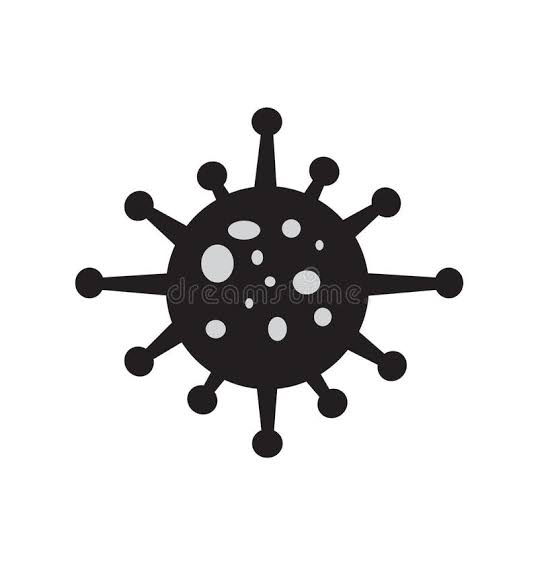
substance that kills bacteria or inhibits their growth, preventing them from causing disease. Essentially, antibacterials are designed to target and harm bacteria, either by destroying them (bactericidal) or by slowing down their reproduction
"Anti-cholesterol" refers to medications and lifestyle changes used to lower cholesterol levels, particularly LDL (bad) cholesterol, to reduce the risk of heart disease and stroke.
Anti-convulsants, also known as anti-seizure medications or anti-epileptic drugs, are medications used to prevent or treat seizures by controlling abnormal electrical activity in the brain
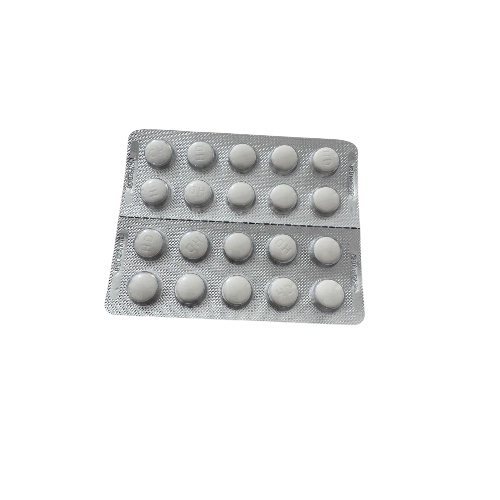
Metformin is a widely used oral antidiabetic drug primarily for the treatment of type 2 diabetes mellitus (T2DM). It belongs to the biguanide class and has multiple functions
A type of drug that helps the blood clot. It prevents the breakdown of a protein called fibrin, which is the main protein in a blood clot.
Antimalarial medications or simply antimalarials are a type of antiparasitic chemical agent often naturally derived, that can be used to treat or to prevent malaria
Antidiarrheals are a class of medication used primarily to manage and reduce the frequency of diarrhea. This class of medication predominantly works by slowing digestion, reducing fluid loss, or improving absorption
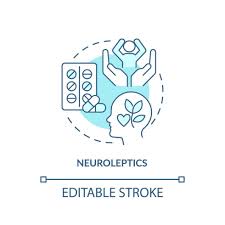
neuroleptics, are a class of medications primarily used to treat psychosis and related symptoms such as hallucinations and delusions
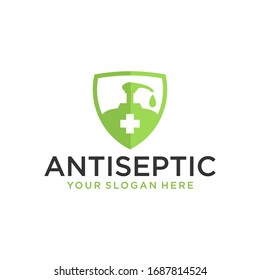
any of several substances used to slow or inhibit the growth of infectious microorganisms
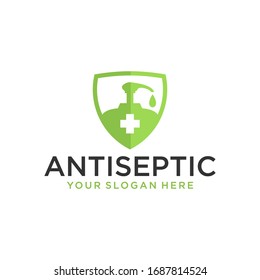
any of several substances used to slow or inhibit the growth of infectious microorganisms
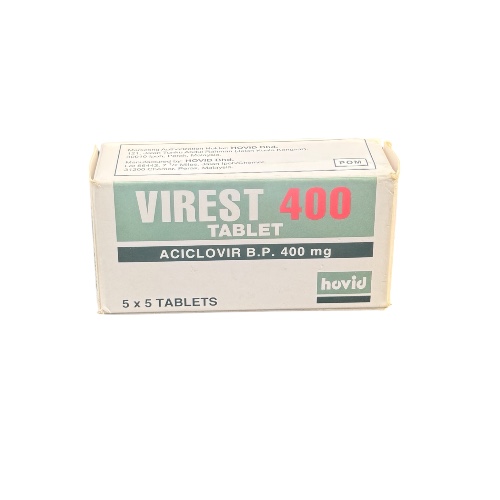
Antiviral drugs are medications specifically designed to combat viral infections by interfering with the virus's ability to replicate, thereby easing symptoms and shortening the duration of illness
Bronchodilators are medications that relax the muscles around the airways, widening them and making it easier to breathe, particularly for conditions like asthma and COPD.
Contraception, also known as birth control, encompasses methods, devices, or procedures used to prevent pregnancy, offering individuals control over their reproductive health and family planning.
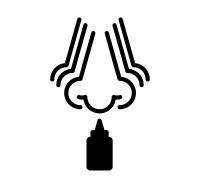
are a type of medicine that can provide short-term relief for a blocked or stuffy nose (nasal congestion). They can help ease the symptoms of conditions such as colds and flu, hay fever and other allergic reactions, catarrh and sinusitis.
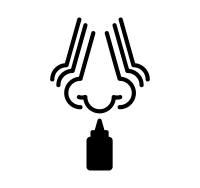
are a type of medicine that can provide short-term relief for a blocked or stuffy nose (nasal congestion). They can help ease the symptoms of conditions such as colds and flu, hay fever and other allergic reactions, catarrh and sinusitis.
Dermatology is the branch of medicine that deals with the skin, hair, nails, and mucous membranes, encompassing their structure, functions, and diseases, with specialists called dermatologists.
Hormone Replacement Therapy (HRT) is a medical treatment that involves supplementing the body with hormones, typically estrogen and progesterone, to address symptoms caused by hormone deficiencies, most commonly during menopause.
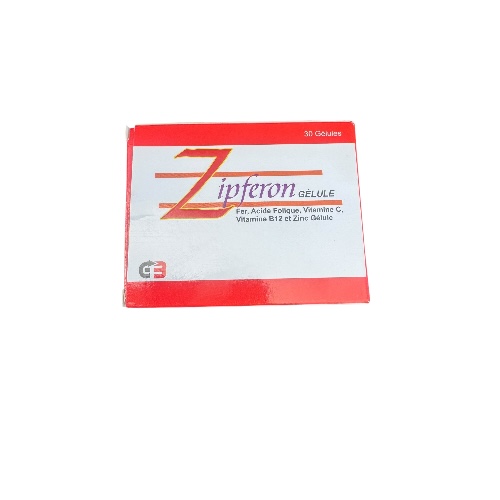
Iron and vitamins work together to support the body's functions, particularly red blood cell formation and oxygen transport. Vitamin C is a key vitamin that significantly enhances iron absorption, especially from plant-based sources, and other vitamins like B12 and folic acid are often included in iron supplements to support blood formation and reduce fatigue. To boost absorption, consume vitamin C-rich foods like citrus fruits and avoid coffee, tea, and dairy products with your iron.

We believe in doing the right thing, from patients overcoming their health challenge to Pharmacists providing a quality product.
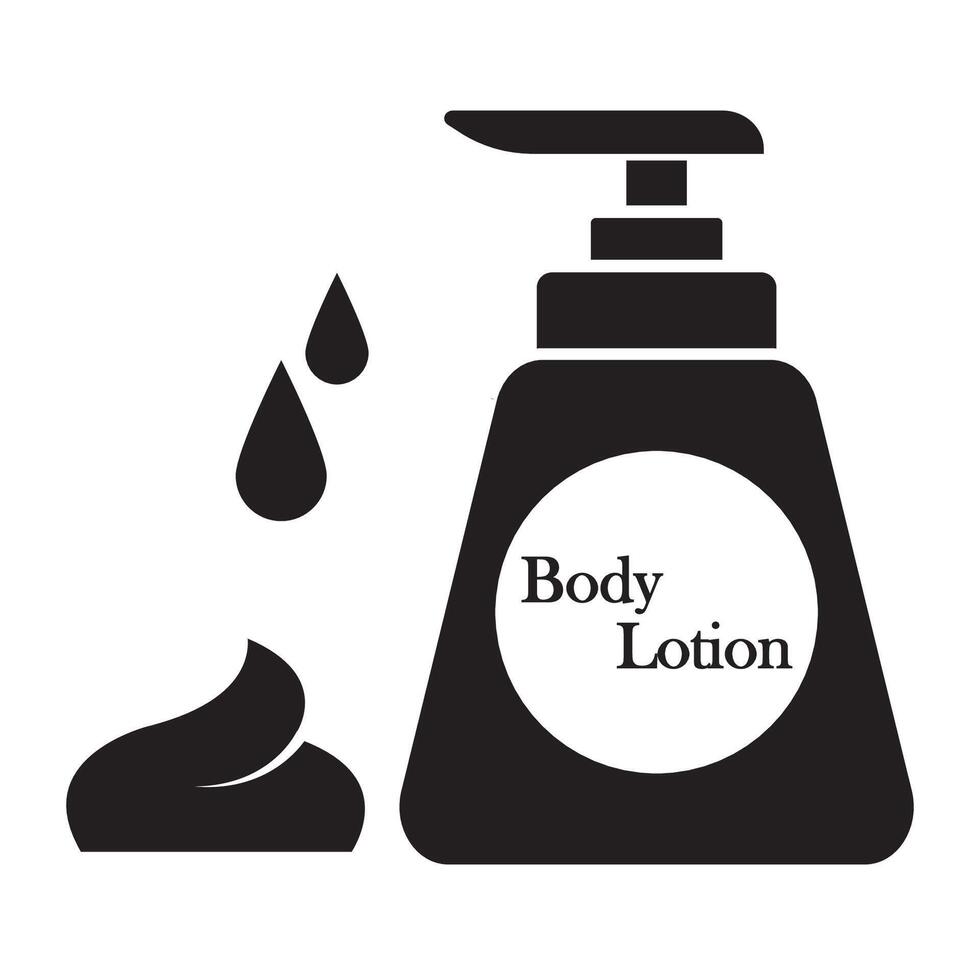
A liquid, usually aqueous or sometimes alcoholic preparation containing insoluble material in the form of a suspension or emulsion, intended for external application without rubbing, in such skin conditions as itching, infection, allergy, pain, or the like.
A lozenge is a flavored, often medicated solid preparation intended to dissolve or disintegrate slowly in the mouth, where it exerts local or systemic effects
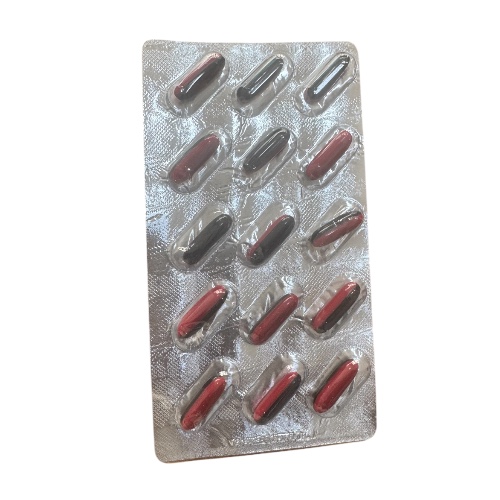
A multivitamin is a dietary supplement that contains vitamins, minerals, and other nutrients.
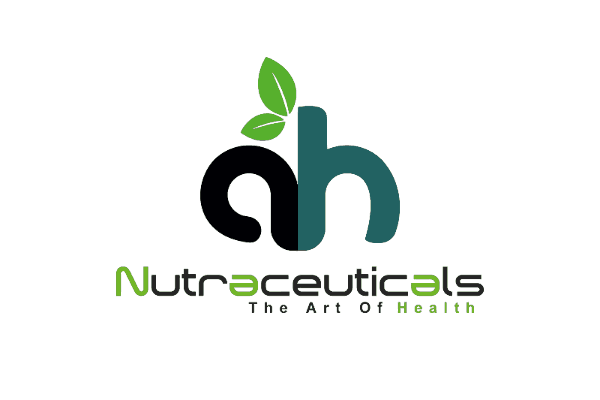
Nutraceuticals are products derived from food sources that provide additional health benefits beyond basic nutrition.
Oral Rehydration Solution (ORS) is a mixture of water, electrolytes (salts), and carbohydrates (sugar), designed to replace fluids and electrolytes lost due to diarrhea or other conditions causing dehydration, and is a primary method for treating dehydration from diarrhea.
Phosphodiesterase 5 (PDE5) inhibitors are medications that relax blood vessels by blocking the enzyme PDE5, which breaks down cGMP, a molecule that helps regulate blood flow. They are commonly used to treat erectile dysfunction and pulmonary hypertension.
Topical chemotherapeutic agents are anti-cancer medications applied directly to the skin, typically in the form of a cream or ointment, to target and destroy cancer cells, particularly for superficial or early skin cancers and precancerous lesions.
Vitamins are substances that our bodies need to develop and function normally. They include vitamins A, C, D, E, and K, choline, and the B vitamins (thiamin, riboflavin, niacin, pantothenic acid, biotin, vitamin B6, vitamin B12, and folate/folic acid)